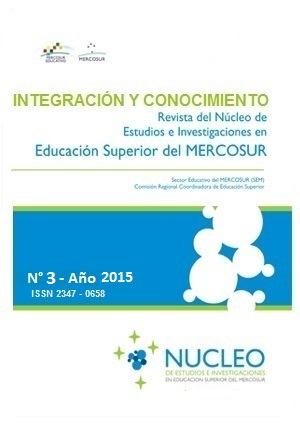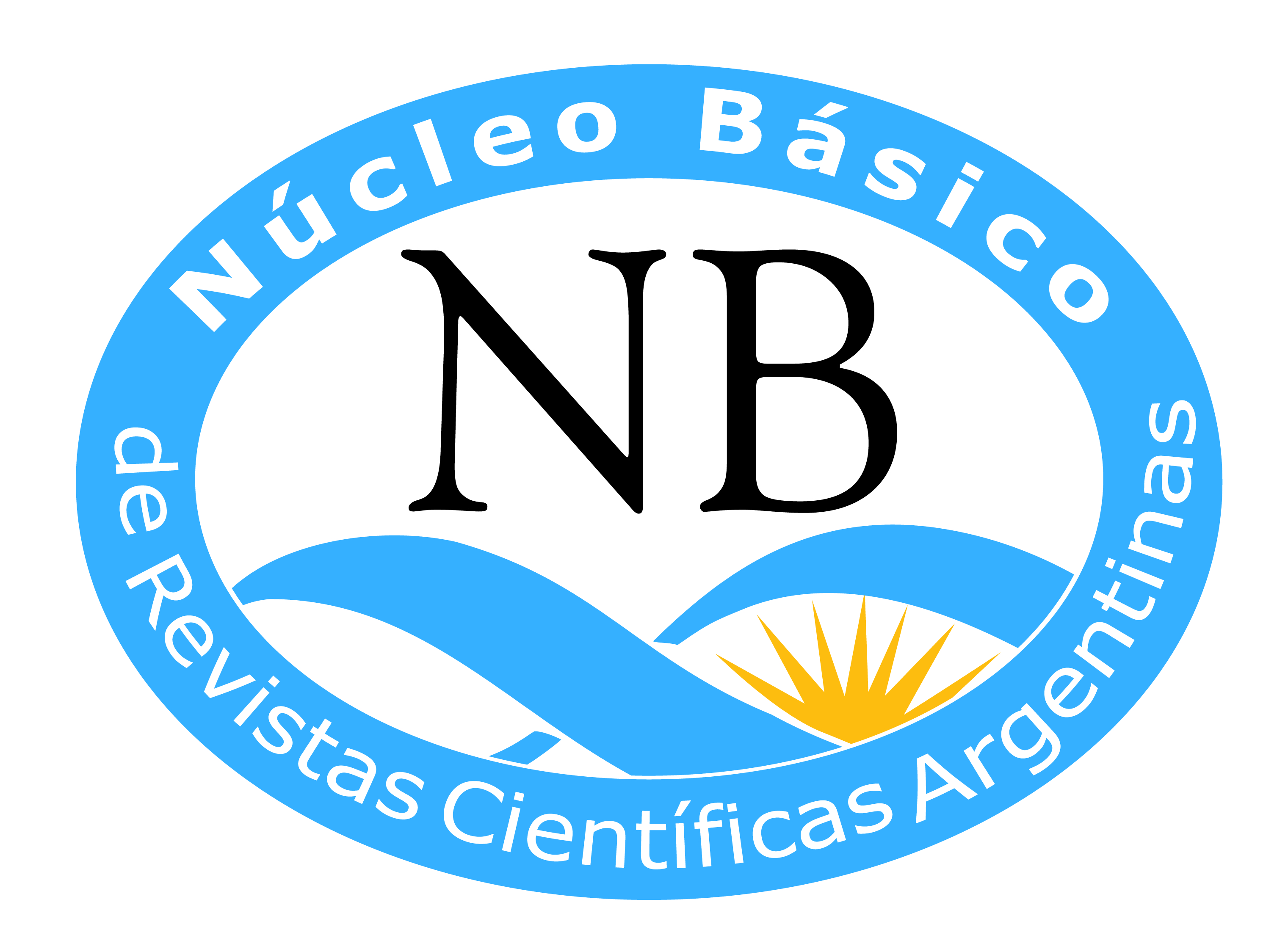II Coloquio Internacional educación superior y pueblos indígenas en América Latina. Contextos, experiencias y desafíos.
DOI:
https://doi.org/10.61203/2347-0658.v4.n0.12559Abstract
El Coloquio, cuya organización estuvo a cargo del Centro de Estudios Avanzados (CIEA) de la Universidad Nacional Tres de Febrero (UNTREF) conjuntamente con el Programa de Estudios Posdoctorales (PEP) y la Secretaría de Investigación y Desarrollo (SID) de la misma Universidad, es el resultado de la convergencia de dos esfuerzos colectivos promovidos por Daniel Mato. El primero de ellos se desarrolla desde 2007 bajo el auspicio del Instituto Internacional de la Unesco para la Educación Superior en América Latina y el Caribe (UNESCO-IESALC), a través del proyecto “Diversidad Cultural e Interculturalidad en Educación Superior”, del cual han resultado cuatro libros colectivos sobre diversas experiencias de Educación Superior y Pueblos Indígenas y Afrodescendientes en América Latina. El segundo es el “Programa de Educación Superior y Pueblos Indígenas y Afrodescendientes en América Latina” que se desarrolla desde el Centro de Estudios Avanzados (CIEA) de la UNTREF.
Downloads
Downloads
Published
Issue
Section
License
Authors who have publications with this journal accept the following terms:
a. Authors shall retain their copyright and guarantee the journal the right of first publication of their work, which shall simultaneously be subject to the Creative Commons License of Recognition which allows third parties to share the work as long as its author is indicated and its first publication is this journal.
b. Authors may adopt other non-exclusive licensing agreements for the distribution of the published version of the work (e.g., depositing it in an institutional telematic archive or publishing it in a monographic volume) provided that the initial publication in this journal is indicated.
c. Authors are allowed and encouraged to disseminate their work via the Internet (e.g. in institutional telematic archives or on their website) after publication of the article, which may lead to interesting exchanges and increased citations of the published work. (See The Effect of Open Access).



